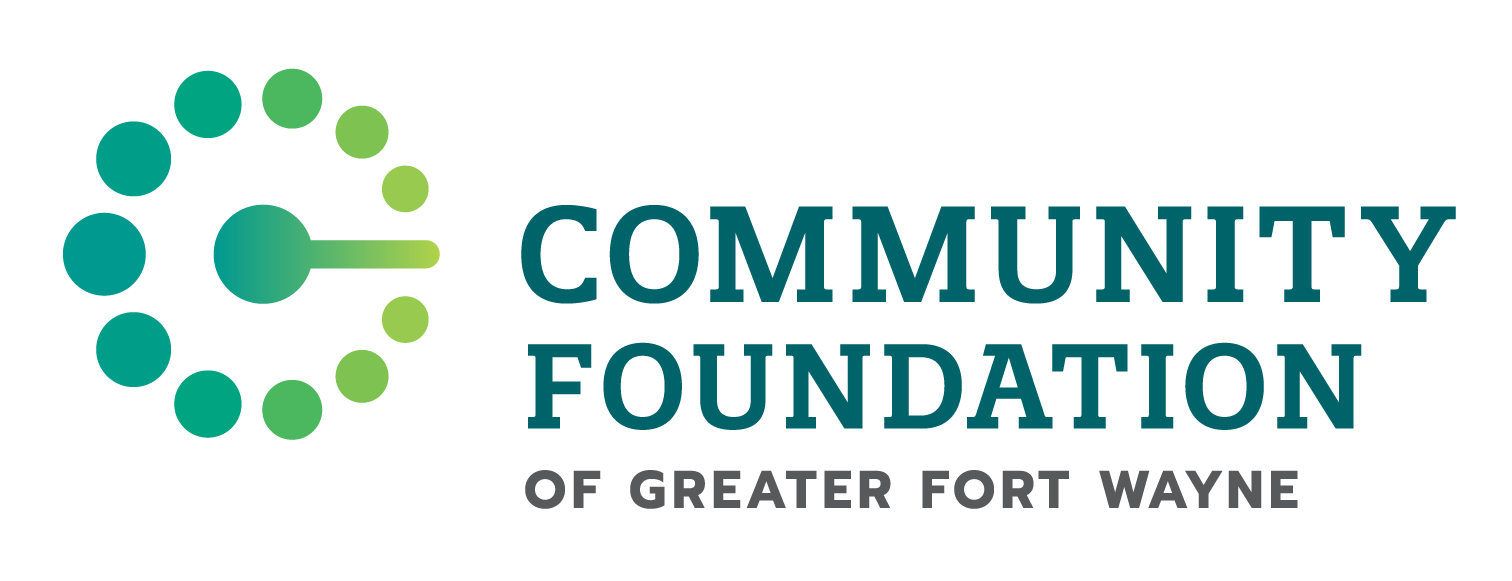Wondering how to start a conversation about charitable giving with your clients? Learn how Reneta Thurairatnam CFP, CTFA First Vice President, Sr. Wealth Advisor at Lake City Bank Wealth Advisory Group, ‘pops the question’ about giving.
Why do you think it’s important to bring up the topic of charitable giving to your clients?
It is something that might not be front of mind to the client, but once brought up can be a key component to their overall financial plan. I like to tell the story of the artist formerly known as Prince, because that can be any one of us (maybe with a few more decimal spaces to the left). In 2016 Prince was found dead in his elevator at the age of 57 with no will. By not choosing his heirs, his estate was left to the tender mercies of the Minnesota legislature. His estate was projected to be upwards of $300 million and at that time $5.45 million would have been excluded from Federal taxes, but anything over that was subject to a 40% Federal tax plus unlike Indiana, the state of Minnesota has a 16% state tax. So Prince gave away over 50% in taxes when his close friends say he was quite philanthropic during his lifetime. What a difference those dollars would have made to some charitable organization! It’s important to make sure clients are educated on what will happen to their estate with their current plan or lack thereof.
How do you learn about your client’s charitable interests?
A great opening question to ask: What do you do in your free time? Board work? Volunteering at the library? People love talking about something they are passionate about!
At what point(s) in your process do you bring up/revisit the topic of charitable giving?
There are several areas where I touch on the topic of charitable giving in the financial planning process.
Reviewing a client’s estate plan –I like to ask what charities they are giving to currently (whether talent or treasure). What they are passionate about? From there when we get into the details of who gets what and when, oftentimes there is an earmark of a specific sum (bequest) to a charity. I always bring it up in the Titanic discussion – i.e., what if all your beneficiaries die before you? I don’t know about you, but I’d rather give funds to our local animal shelter than to my cousin’s nephew’s child or some such remote descendant.
During the Required Minimum Distribution (RMD) stage of a client’s life. Many of the high net-worth clients that I work with have a sizeable RMD they are forced to take out of their qualified accounts like Traditional IRAs/401Ks. They oftentimes don’t need the money and are already in a high tax bracket so they certainly don’t want to add to it since every dollar they take counts towards their income and could potentially increase their Medicare B and D premiums. If those clients give their RMD amount directly to a charity of their choice it checks all the boxes. The RMD is satisfied, their taxable income is not increased, AND they are helping a cause they are passionate about. Triple Win!
The end of the year or anytime there is a big taxable event (sale of a business, etc.) is a good time to revisit because in my experience, people prefer to give money to charity over the IRS!
What questions or ideas about charitable giving do you find resonate the most with your clients?
Many of my clients like the idea of leaving a legacy, so I ask if they’re charitably inclined or if they are interested in leaving a legacy. People love the idea of having their family involved in the decision-making of who to donate to. It’s great family time bonding over a shared experience of volunteering at a nonprofit in the community, and the same is true for the shared experience of donating wealth. It’s wonderful to have your family involved in giving to areas where they can see a meaningful impact, like a capital campaign for a new facility or a scholarship to help someone afford college. When you can physically see the difference that you are making, it forges those bonds and sets the behaviors.


